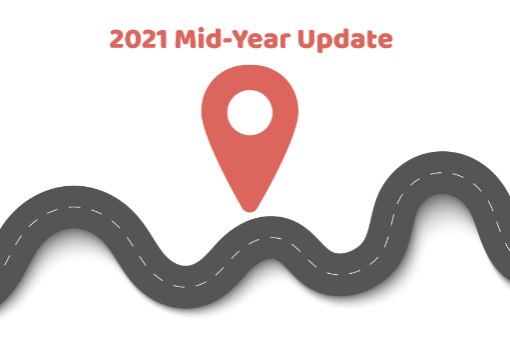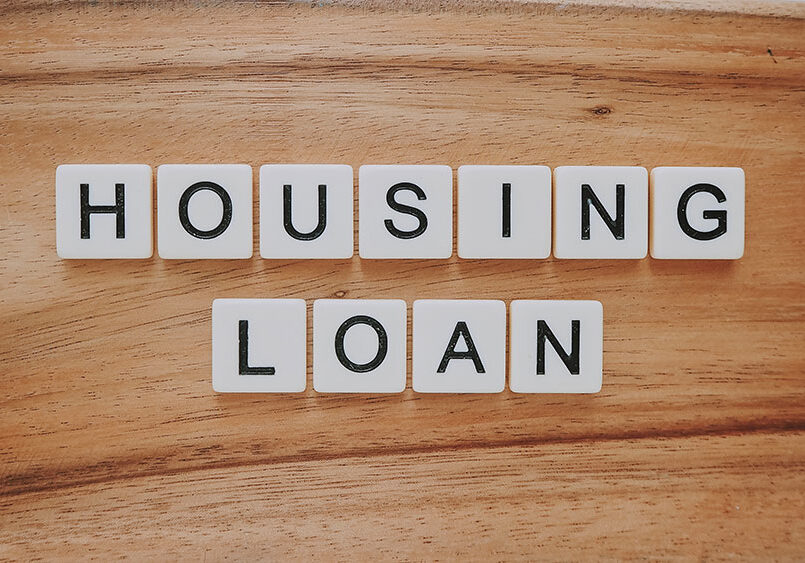Accunet Office Invasion with 96.5 WKLH
On February 19, 2020, we hosted 96.5 WKLH during their Office Invasion broadcast. Dave Luczak, Dorene Michaels and Gino Salomone of WKLH got together with Brian and David
Wickert to talk rates, refinances, and more! Find the highlights below.
What is a Rock-Solid Guaranteed Pre-Approval?

A mortgage pre-approval is comprised of three factors:
- Credit score
- Income
- Down payment
These factors directly influence the loan and rate you’re going to get — and therefore, the homes you can afford.
If you go to a large bank and ask for a mortgage pre-approval, you’ll receive a letter saying, “We’ve checked your credit, and are taking you at your word about your income and down payment. You’re now pre-approved.” (Probably not verbatim.) This is a pretty flimsy pre-approval. Why? Well, the financial world likes to operate in absolutes — and a buyer’s self-reported income isn’t really reliable. Sellers don’t like unreliable.
The Rock-Solid Guaranteed Pre-Approval is a little different; it still takes into account your credit score, income, and down payment, but we go the extra mile to verify each of these components. In short, the Rock Solid Guaranteed Pre-Approval makes your offer reliable, and more competitive next to other offers.
When is a home refinance worth it?
The old rule of thumb used to be that refinances are only worth it if your new rate is 1% lower than your old rate. However, that’s when people had to pay 1% of the loan balance as an origination fee. Not the case anymore!

The new rule of thumb: It depends on your loan size, but 0.5% usually does the trick.
For instance, if Accunet lowers your rate by 0.5% on a $300,000 loan, you’ll end up saving $1,500/year. But if they lower your rate by the same amount on a $50,000 loan, that’s only $250/year. So, it depends on your loan size, how large the drop would be, and how much you love saving money.
Considering a refinance? Get a Refi Check-Up today!
How does credit score affect buying a home?
Over the years, mortgage lending has gotten granular; the rates and closing costs you get on your mortgage are determined using either your credit score or your down payment amount.
As a rule of thumb, a higher credit score = lower rate and closing costs, and vice versa. But that’s not really always the case. Recently, David had a client whose credit score was 688 (not great). Originally she wanted to put 20% down with a rate of 3.99%.
We advised her to put 19.9% down instead, qualifying her for Fannie Mae’s Loan Ready program, which decreased her rate 3.375%.
Now, she’s going to have to pay $30/month in mortgage insurance, but even then, her payment is less than it would’ve been with the 3.99% rate.
What are the biggest misconceptions about buying a home?
In Brian’s experience, there are two common misunderstandings about the home buying process:

Misconception #1: Down payments are expensive.
Not necessarily! If you’re buying your first home, you can get a $526,000 home with just 3% down. The only requirement is being a first-time homebuyer (someone who hasn’t owned a home in the last five years). There are no geographic or income requirements whatsoever.
Misconception #2: It’s a good idea to buy a cheap house, and then move into a better one later.
Not really, in this market. Home prices will continue to rise due to simple supply and demand: We have a ton of buyers (like millennials, the largest-ever generation), and not a ton of sellers. The mortgage world is going to change; Things are optimal NOW. Buy as much of a home as you can, and pat yourself on the back later.[elementor-template id=”10109″]
Want the Lowest Rate on Your Home Loan?
Let's Get Started!
You Might Also Like
Aenean sollicitudin egestas elit vel mattis. Proin non lorem arcu. Sed ornare venenatis sapien id iaculis. Etiam ultricies interdum commodo. Aliquam erat volutpat.


